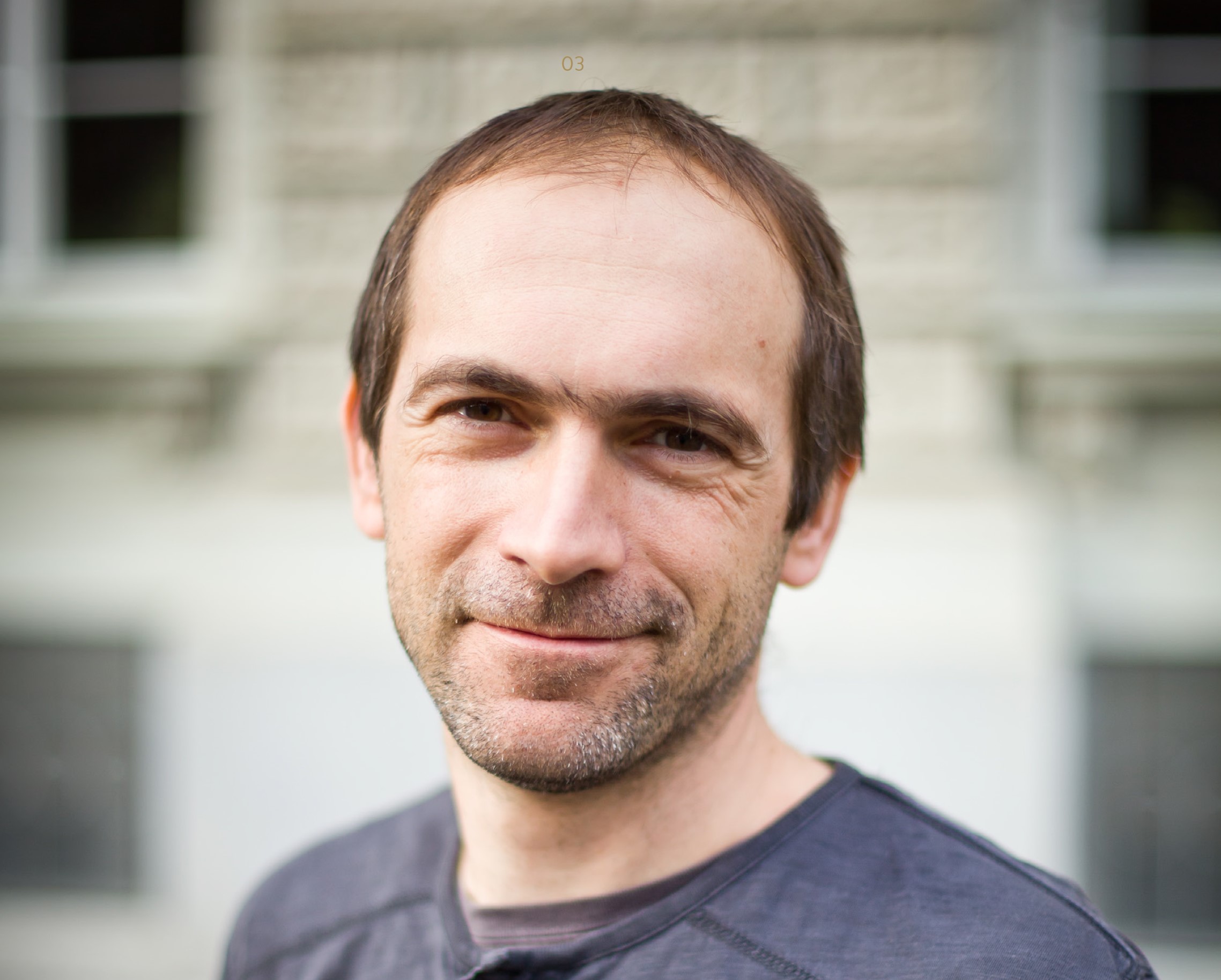When American sociologist Sherry Turkle's book Life on the Screen was published in 1995, Šmahel was one of the first to read it in the Czech Republic. In it, the author writes not about computers, but about how computers are changing human identity in the emerging internet era. And this, among other things, marks the beginning of Šmahel's scientific career, which to this day has resulted in the existence of the IRTIS (Interdisciplinary Research on Internet and Society) research team with about 30 researchers.
Good or bad technology?
"I'm originally an IT guy, I came to the subject by spending many hours playing games with my friends years ago. We would spend five, six, seven hours playing them, but in the early days nobody saw it as a bad thing. Later on, the view of online gaming veered to the other side of the spectrum, emphasizing mostly the negatives. Only now are we able to have a debate based on scientific evidence," summarises Šmahel, who studies the effects of media on humans at the Faculty of Social Studies and the Faculty of Informatics at MU.
Thanks to him, at the beginning of the new millennium the Czech Republic joined the EU Kids Online, a large international research project monitoring the risks of online technology use among children and adolescents from 19 European countries. It shows, among other things, that the risks are not apocalyptic. "It has made us look more at the positive effects and at the topic of digital skills and literacy, because no one can do without it today. But the other thing is that there are an awful lot of variations and ways in which anyone embraces technology, and therefore the range of impact back on people is just as wide. In short, technology is a tool like fire matches - if you set a house on fire with it, it's bad, if you make sausages on the fire, it's fine," explains Šmahel tersely.
Among other things, the above-mentioned international research revealed one big Czech specificity. The Czech Republic is a "leader" in how little parents communicate with their children about the Internet and its use. "We are the worst in Europe in this respect, yet children spend an average of five hours a day on mobile phones and the internet. If your child was out for that long, you wonder what they were doing, where and with whom. But few people ask about mobile phones and the internet, parents don't seem to be concerned," Šmahel shakes his head. He doesn't dispute the five-hour period; it can be filled with watching negative content as well as educational videos for school. A child can chat with a stranger or argue with a classmate about homework. "It is these details, however, that parents should be asking about. They should try to understand what the child is doing on the phone and why," urges Šmahel.
Showing interest to children works
But will kids want to share? Will it not end up like the classic question " How was school?" Šmahel doesn't deny that sometimes it can happen, but research shows it's worth going for it. "We've found that sometimes kids just need to be nudged. They like to brag about what they're doing online, what's interesting to them, why a particular game is cool. It's about sharing. When a parent walks into a room and asks what a child is playing and if they can show them what's interesting about it or if they can play it too, a large portion of them don't refuse. It's about trying to understand the child's world," adds Šmahel.
He and his colleagues plan to add to human knowledge in the future. Especially about how technology affects how we subjectively feel. "There are many impressions, but little data. In addition, children and young adults are the dominant research subjects and adults and the older generation are forgotten," says Šmahel, adding that he and his colleagues would like to fill this gap at least a little bit in the DigiWELL project.

DAVID ŠMAHEL
Professor at the Faculty of Social Studies and the Faculty of Informatics at Masaryk University in Brno. He is a member of the team of the Interdisciplinary Research on Internet and Society (IRTIS, irtis.muni.cz), which focuses on the impact of the internet and technology on people and society. He is Vice Dean for Strategy and Development at the Faculty of Social Studies of Masaryk University. His current research focuses on adolescents' and adults' use of the internet, the impact of digital technology use on wellbeing and user safety.